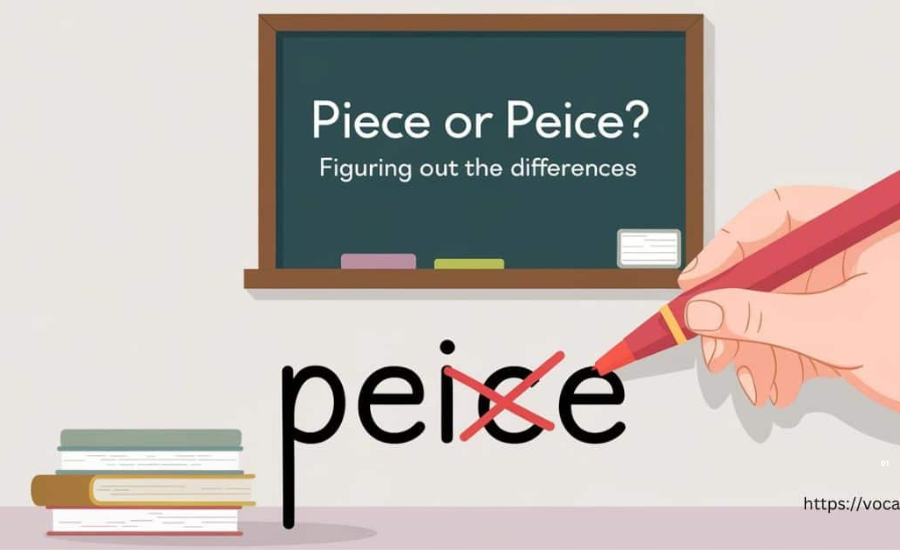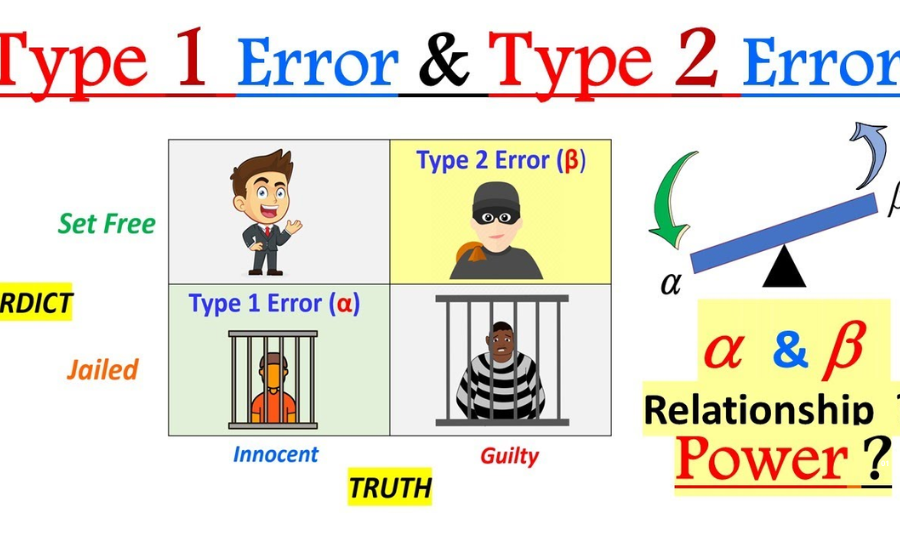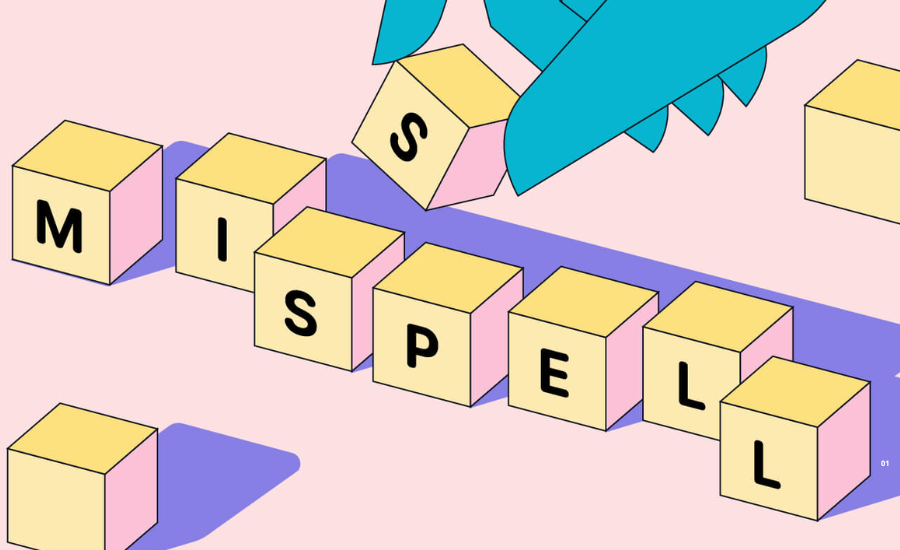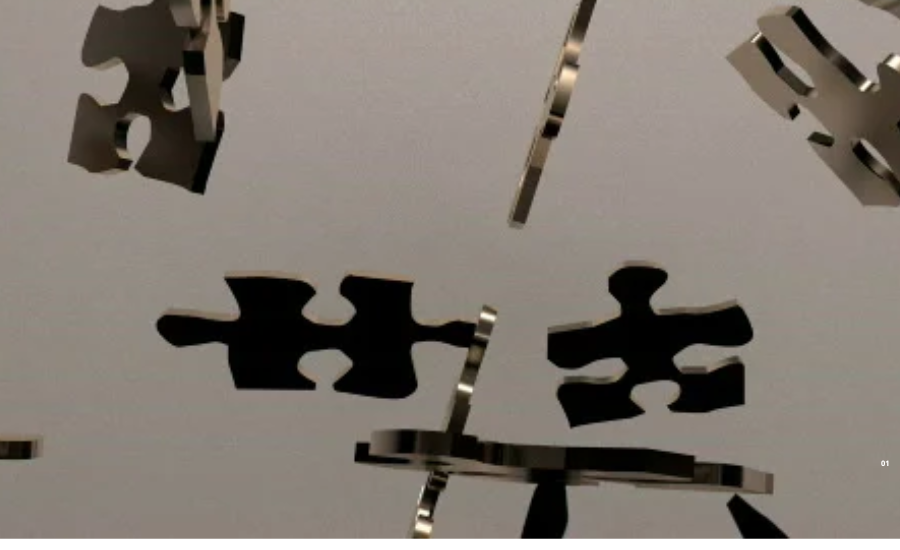In the tremendous universe of regularly incorrectly spelled words, one of the most successive hindrances is the disarray among “piece” and peices or pieces have different implications, however most generally, it alludes to “a piece of something” or “something that squeezes into an entire.” Regardless of its continuous utilisation, one of those words individuals continually stir up while attempting to spell. Many individuals will generally state peices or pieces” “peices,” or even “pricing” when the right structures ought to be peices or pieces,”” and “piecing.”
Understanding the foundation of this disarray might not just assist you at any point with recollecting the right spelling yet in addition hone your regard for other generally incorrectly spelled words. The objective of this extended conversation is to jump profound into the spelling pickle encompassing “piece,” offering useful hints, authentic experiences, and memory stunts to guarantee you at absolutely no point ever incorrectly spell this word in the future.
I go by Ms. Marshall, and I’ve been an English educator for almost twenty years. Beside my enthusiasm for educating, I’m likewise a craftsman who hand-draws every one of the representations on this site, incorporating those highlighted in the “Aww Signifying” article, which you might have gone over. Presently, we should leave on the present example — an excursion through spelling exactness with an emphasis on dominating the spelling of peices or pieces
The Beginning Of Peices Or pieces

Before we jump into the methods to dominate the right spelling, we should investigate the beginnings of “piece.” The word comes from Old French “piece,” which implies a little or part of something. Before that, the term can be followed back to the Revolting Latin “pettia,” meaning a piece or a little piece of something bigger.
As English developed and acquired words from numerous different dialects, spelling and articulation moved. “Piece” stayed a regularly involved word in both formal and casual settings, as depicting anything from parts of an item to imaginative creations was required. Notwithstanding, as normal as the word turned into, its unpredictable spelling likewise turned into a test.
English spelling frequently surprises everyone because of its mixture of impacts from Latin, French, Somewhat English Saxon, and, surprisingly, Norse, which makes it famously precarious. Understanding where “piece” comes from can provide us with a superior enthusiasm for why it’s spelled how it is today and why stumbling on its letters is so natural.
What Is The Correct Spelling?
| Word | Meaning | Example Sentence |
| Piece | A distinct or separate part of something larger | “The puzzle had many pieces that needed to be assembled.” |
| Pieces | The plural form of “piece” | “The artist created many pieces for the exhibition.” |
| Peice | A misspelling of “piece” | “The teacher corrected the student’s peice of writing.” |
| Peices | A misspelling of “pieces” | “The box contained peices of broken glass.” |
Normal Errors: Piece Versus peices or pieces

We should address the essence of the disarray: For what reason really do individuals spell “piece” as “peices or pieces ?
The issue emerges from a typical mental predisposition in English spelling. At the point when two vowels seem one next to the other, many individuals expect a specific example is having an effect on everything, and hence they spell the word the way it “sounds” to them. In English, the sound that the letters “ie” make together is frequently a long “e” sound, as in “field” or “accept.”
Nonetheless, the grouping “ei” likewise makes this sound, as in words like “roof” or “get.” This makes a psychological disarray between which letters ought to start things out — “I” or “e.” Would it be advisable for it to be “ie” or “ei”? On account of “piece,” the right structure is “ie,” however our cerebrum could attempt to cause us to compose it the alternate way as a result of words like “roof.”
A Supportive Memory Stunt
To battle this normal disarray, we can depend on a memory helper that assists individuals with reviewing whether to utilise “ie” or “ei.” You might have known about the famous saying:
I Before E Besides After C, or While Seeming like An as in Neighbour or gauge.”
This maxim, while flawed (since English has numerous exemptions), is still staggeringly helpful for words like “peices or pieces.” As indicated by the standard, you ought to utilize “ie” except if the letters come after a “C,” which would be “ei.” Since “piece” doesn’t have a “C” straightforwardly before the vowels, the right spelling is “piece,” not “peices or pieces
We Should Investigate A Few Down-To-Earth Models
Right: piece, pieces, piecing, pieced
Mistaken: Peice, Peices, Peicing, Peiced
Keep in mind: Assuming there’s no “C” before the vowels, it’s protected to follow the “I before E” rule. This little stunt can save you a difficult situation while experiencing words that appear to be questionable in spelling.
Spelling in Setting: When To Utilise Pieces Or pieces
One more method for recollecting the right spelling is to ponder the way that you utilize the word in setting. “Piece” has a few distinct implications, and understanding these can build up the right spelling.
1. A Piece of Something
The most well-known significance of peices or pieces is “a piece of something.” For example, “a piece of cake” or “a piece of the riddle.” When you ponder “piece” as a section, you’re less inclined to befuddle the spelling. A section, or a piece, is something that meets up with others to frame an entirety.
Models
“She gave me a piece of paper.”
“The riddle was unaccounted for.”
2. An Imaginative Creation
“Piece” is frequently used to portray a thing of beauty, music, or writing. For instance, a craftsman could make a “piece” of fine art, a performer could play a delightful “piece,” and a writer could compose a powerful “piece.”
Models
“The canvas was a delightful piece of dynamic workmanship.”
“Mozart’s piano pieces are as yet played all over the planet.”
3. A Time-sensitive Section
peices or pieces can likewise portray a section of time, like in the expression “for a piece,” which is an outdated approach to saying “for some time.” While this use is more uncommon, it actually delineates the flexibility of the word.
Model
“I haven’t seen you in a decent piece of time.”
Understanding these settings helps remember the word solidly. The more you use it, in actuality, sentences, the more uncertain you are to incorrectly spell it.
Why pieces or pieces are Erroneous?
Now that we’ve covered the right spelling and utilisation of “piece,” we should return to why prices or pieces i” is wrong. English students and, surprisingly, local speakers may be enticed to spell the word as “peice” because of the phonetic similitude to different words like “get” or “roof.” Be that as it may, this misstep dismisses the overall guideline of “I before E besides after C.”
The issue with spelling it as “peices or pieces is that it defies the ordinary spelling norm and makes an abnormality in articulation. peices or pieces is definitely not a substantial word in English, and involving it will prompt errors or rectifications in composed correspondence.
Handling Other Normal Incorrect Spellings

The battle among peices or pieces and “peice” is only one of numerous normal spelling difficulties. English is loaded up with words that much of the time trip up even prepared authors. We should momentarily investigate a couple of other interesting word coordinates and proposition answers for recalling the right spelling
1. Get versus Receive
Many individuals spell “get” mistakenly due to the vowel position. Nonetheless, the “after C” rule applies here: Since there’s a “C” before the vowels, the right spelling is “get,” not “receive.”
2. Their versus Thier
Here individuals stir up the request for vowels. Keep in mind: “their” alludes to ownership, and it observes the guideline “I before E.”
3. Trust versus Believe
Like Pieces or pieces “accept” observes the guideline of “I before E.” Consistently use “ie” while spelling it.
Careful Discipline Brings About promising Results
Likewise with anything in language, practice is the way to dominate spelling. The more you effectively draw in with “piece” and other precarious words, the better you’ll get at recollecting their right spellings. The following are a couple of tips to rehearse:
Work it Out: Composing a word more than once hardens its spelling in your memory. Take a stab at composing sentences that utilization “piece” accurately.
Use Mental helpers: If the “I before E” rule doesn’t stick, make your own memory helps. For instance, you could let yourself know that “part” has similar letters as “pie,” a little piece of pastry.
Peruse Consistently: The more you read, the more openness you’ll get to address spelling. Focus on words that frequently give you inconvenience, and perceive how they are spelled in books, articles, and ordinary understanding materials.
Test Yourself: Make a game out of testing yourself or others on the spelling of “piece” and other precarious words. The more you test yourself, the more programmed the right spelling will turn into.
FAQs on “Piece” vs. “Peices” Or “Pieces”
Q. What is the correct spelling: “piece,” “ peices or pieces “?
The correct spellings are “piece” for the singular form and “pieces” for the plural form. “Peices” and “peice” are incorrect spellings.
Q. Why is “pieces” commonly misspelt?
The misspelling “peices” happens often due to confusion with vowel placement. English has words where “ie” and “ei” sounds vary, which can be confusing when spelling “piece.”
Q. What does “piece” mean?
“Piece” refers to a part of something larger or an item that stands alone. It can also mean a creation, as in art or music, and is often used to describe a part of an object, food, or abstract concept.
Q. Is “piece” used as both a noun and a verb?
Yes, “piece” can function as a noun or a verb. As a verb, it means to assemble or put together, like “to piece together a puzzle.”
Q. Can “piece” describe an amount of time?
Yes, “piece” can refer to a span of time in older or informal English, as in “a good piece of time,” meaning a long time.
Q How can I avoid the mistake of spelling “piece” as “peice”?
A helpful rule is “I before E, except after C.” Since “piece” has no preceding “C,” it should be spelled “ie.”
Q. Are there other words with similar spelling patterns?
Yes, words like “believe” and “receive” follow similar patterns. Following the “I before E except after C” rule can help in most cases.
Q. Why is understanding the origins of “piece” useful?
Understanding that “piece” originates from Old French and Latin roots can provide insight into its spelling and meaning evolution in English.
Conclusion
The confusion between “piece” and its misspellings,peice or “peices,” is rooted in English’s complex spelling rules and vowel combinations. Learning the origins and correct applications of “piece” can greatly assist in remembering its spelling, as it holds a variety of meanings and uses across contexts. By following simple memory aids—like “I before E except after C”—and practising its use, one can confidently incorporate “piece” and “pieces” into their writing without error. As you continue to use this word, the correct spelling will become second nature, adding accuracy to your language skills.
Stay connected for more updates and revisions by visiting: Ny City Paper!
